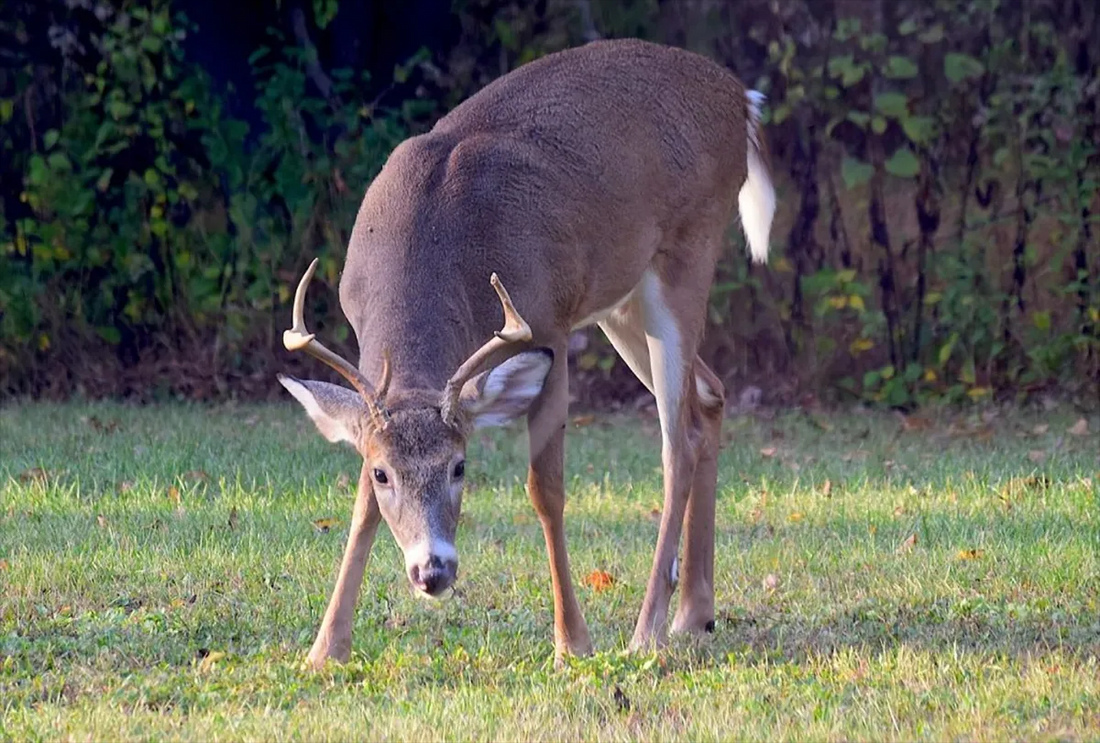Stepping into the world of hunting requires more than just skill and patience – it demands an understanding of the wildlife's acute senses. Among these senses, a game-changer is a sense of smell. Animals like deer possess an extraordinary ability to detect scents, making scent control a crucial aspect of successful hunting. In this blog, we'll explore effective techniques and strategies to help you hide your scent and enhance your hunting experience.
The Importance of Scent Control:
The scent you emit as a human is foreign to the natural environment, triggering alarm bells for animals that rely on their sense of smell for survival. Mastering scent control is essential to level the playing field and increase your chances of getting close to your quarry undetected.
1. **Choose Scent-Free Products:**
Begin your scent control journey by using scent-free soaps, shampoos, detergents, and even toothpaste. These products are designed to eliminate or mask human odors, ensuring you don't stand out in the woods.
2. **Scent-Blocking Clothing:**
Invest in specialized hunting clothing made from fabrics that reduce odor absorption and emission. These garments are designed to trap human scents and prevent them from dispersing into the environment.
3. **Proper Storage:**
Store your hunting clothing and gear in scent-proof containers or bags when not in use. This prevents your gear from absorbing foreign odors that could alert game animals.
4. **Washing Your Hunting Gear:**
Regularly wash your hunting gear in scent-free detergents, paying special attention to your clothing, gloves, and headgear. Consider washing your gear in a machine specifically designated for hunting items to avoid cross-contamination.
5. **Use Scent-Control Sprays:**
Apply scent-control sprays to your clothing and gear before heading into the field. These sprays help neutralize human odors and create a barrier between you and your surroundings.
6. **Field Dressing:**
When field dressing game, wear gloves and use scent-free wipes or gloves to prevent transferring human odors onto the animal's hide.
7. **Minimize Personal Odors:**
Avoid using scented lotions, colognes, or perfumes before a hunt. Additionally, refrain from smoking or cooking foods with strong odors that could cling to your clothing.
8. **Scent Control While Travelling:**
Before heading to your hunting location, consider wearing dedicated hunting clothes during travel and avoiding public transportation to prevent exposure to foreign odors.
9. **Wind Awareness:**
Pay attention to the wind direction while hunting. Position yourself upwind of your target to ensure your scent is carried away from the animal.
10. **Natural Cover Scents:**
Some hunters use natural cover scents, such as earthy materials, leaves, or dirt, to help mask their presence. However, be cautious, as using the wrong cover scent can raise suspicion from the animals.
Conclusion:
Successfully hiding your scent while hunting is not just a matter of spraying a scent-control product and hoping for the best. It's a comprehensive approach that involves careful consideration of every aspect of your gear, clothing, and behavior. By following these scent-control strategies, you'll increase your chances of getting closer to wildlife and experiencing the thrill of a successful hunt. Remember, the key is to become one with the environment and minimize the impact of your presence, allowing you to blend seamlessly into the natural world.

